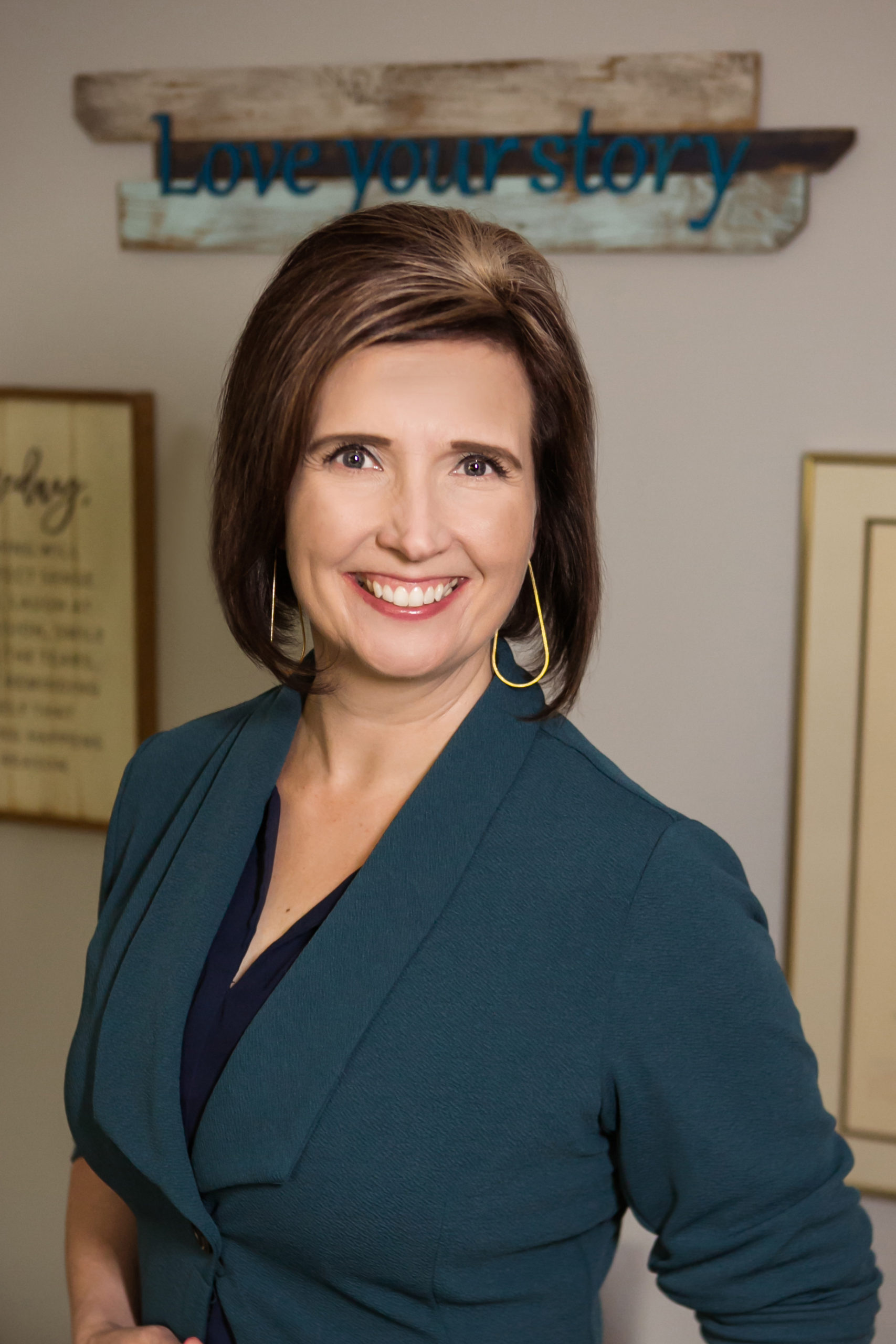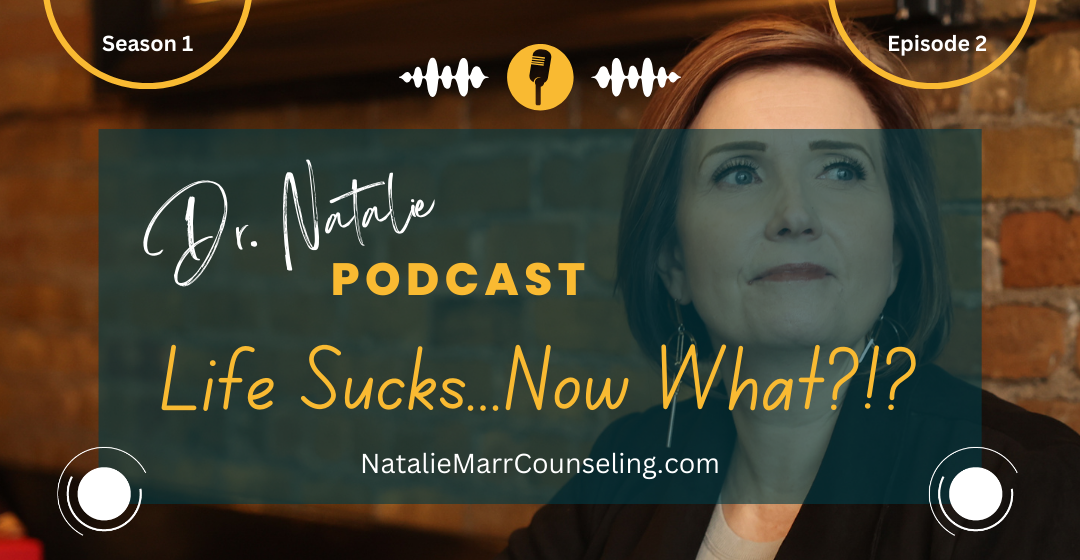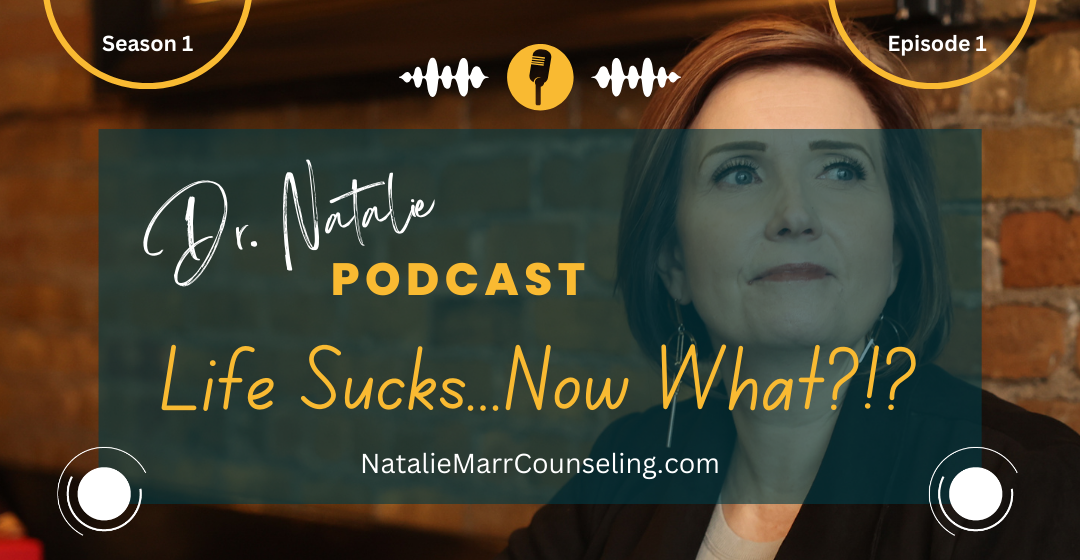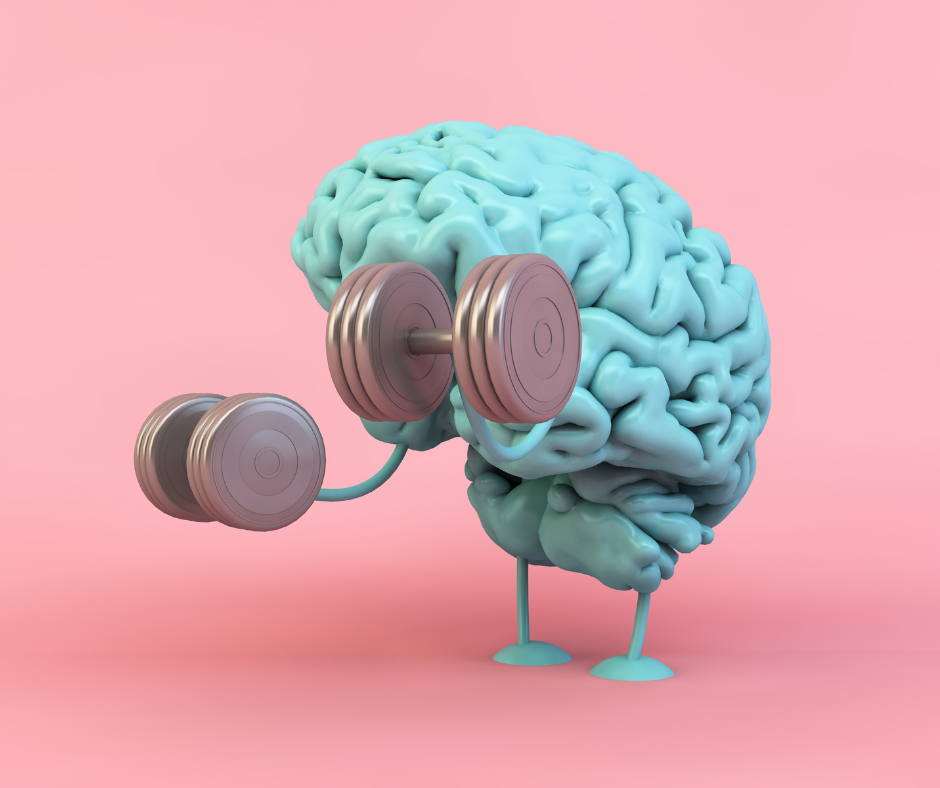Episode 2: Am I Attracting Negative People – Part 2
In this podcast episode, Dr. Natalie addresses the question of why some people feel stuck in relationships that do not serve them. She explains that there can be a dysregulation in the nervous system that keeps individuals trapped in these relationships. She emphasizes that it is not always a result of anxious or avoidant attachment or low self-worth.
Dr. Natalie discusses the impact of past traumatic experiences on relationships and highlights the importance of resiliency and available resources. She also explores how early life experiences shape our patterns of behavior and responses to conflict. Dr. Natalie suggests that therapy can help individuals rebuild neural networks and develop healthier relationship patterns.
Takeaways:
- Feeling stuck in relationships that do not serve us can be a result of a dysregulation in the nervous system.
- Traumatic experiences can impact our ability to form healthy relationships.
- Resiliency and available resources play a crucial role in how we respond to traumatic events.
- Early life experiences shape our patterns of behavior and responses to conflict.
- Therapy can help individuals rebuild neural networks and develop healthier relationship patterns.





 I decided to start back to exercising this year at a local gym. I am working on my strength training at this stage in my life. In the past I have joined small personal training groups to help me stay accountable and focused on my training. Having been around personal trainers (and being the people watching nerd that I am) I am often struck by the differences in styles these folks have and also the kind of clientele that they each attract. One of the personal trainers at the gym I am at now is more laid back and comes around suggesting changes to the clients, but does not really push his clients much. On the other hand, I’ve seen other trainers come up to their clients and say something like, “that is all wrong” and hand over hand push the client to lift more or change their posture in a way that makes the move more difficult.
I have actually noticed similar differences when working in group private practice as a psychologist and within the personal coaching world. It can be striking how many parallels these jobs have, personal training for you physical health and counseling/coaching for your emotional health. Counselors and coaches are in many ways, personal trainers for your emotional health and mind, while personal trainers are more focused on your physical body and mind. Now, not every personal trainer is alike and there are many that I would not respond well to. For example, Jillian Michaels has shown America her spit fire approach and has been able to help many people with that approach. However, if she and I met in a gym, I don’t think the sparks flying would be good and I would likely leave and not come back. Well, this is not really helpful to my fitness goal however. Now, if I thought that every personal trainer would be the same I would likely never go back and try again either, but because fitness and body image are large American cultural values, most of us know there will likely be a Bob Harper type trainer at the gym too. His softer approach may be more our style than Jillian’s.
I decided to start back to exercising this year at a local gym. I am working on my strength training at this stage in my life. In the past I have joined small personal training groups to help me stay accountable and focused on my training. Having been around personal trainers (and being the people watching nerd that I am) I am often struck by the differences in styles these folks have and also the kind of clientele that they each attract. One of the personal trainers at the gym I am at now is more laid back and comes around suggesting changes to the clients, but does not really push his clients much. On the other hand, I’ve seen other trainers come up to their clients and say something like, “that is all wrong” and hand over hand push the client to lift more or change their posture in a way that makes the move more difficult.
I have actually noticed similar differences when working in group private practice as a psychologist and within the personal coaching world. It can be striking how many parallels these jobs have, personal training for you physical health and counseling/coaching for your emotional health. Counselors and coaches are in many ways, personal trainers for your emotional health and mind, while personal trainers are more focused on your physical body and mind. Now, not every personal trainer is alike and there are many that I would not respond well to. For example, Jillian Michaels has shown America her spit fire approach and has been able to help many people with that approach. However, if she and I met in a gym, I don’t think the sparks flying would be good and I would likely leave and not come back. Well, this is not really helpful to my fitness goal however. Now, if I thought that every personal trainer would be the same I would likely never go back and try again either, but because fitness and body image are large American cultural values, most of us know there will likely be a Bob Harper type trainer at the gym too. His softer approach may be more our style than Jillian’s.







